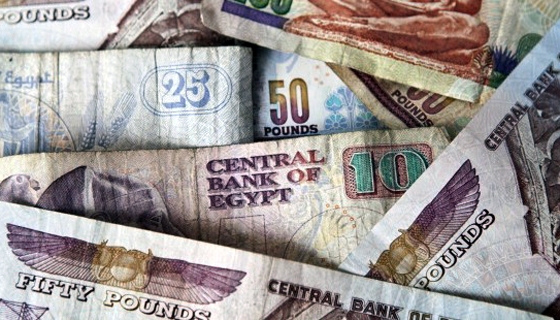Egypt’s newly appointed Investment Minister Ashraf Salman said he targets $10 billion in foreign direct investment for the coming fiscal year and $14 billion in three years. Egypt had been hit by an economic crisis following the 2011 uprising that ousted autocrat Hosni Mubarak. Since then, the state’s successive governments have been attempting to steer a course between boosting revenues without discouraging investors.
FDI for Egypt’s first nine months of the 2013-14 fiscal year that starts on July 1 stood at $4.4 billion. It was $3 billion in the year ended June 2013, almost $1 billion less than in the previous year.
“[FDI] has a magical effect in creating jobs and lowering poverty,” said Salman, a veteran banker, speaking in a late TV interview with Egypt’s private CBC TV.
He said he wants to attract more FDI by passing legislation that would assist businesses and minimize bureaucracy.
Salman also hinted he was not intending to reverse a decision by the state earlier this month to impose a new 10-percent tax on dividends and share transactions’ gains that sent the country’s bourse to a record low.
Salman said the issue was discussed with the market before a decision was made. After the law went into effect, the market rebounded, he noted.
Salman was appointed last week in a limited cabinet reshuffle that followed the election of former army chief Abdel-Fattah al-Sisi as the country’s president.
The decision to appoint a separate investment minister reverses a decision this year to merge the ministry with that of industry and trade, a move that shows Sisi’s resolve to attract foreign funds back to stimulate the economy.
Sisi last year ousted elected Islamist President Mohammad Morsi after mass unrest against his rule.
Morsi’s downfall prompted a wave of violence and protests that deepened the economic crisis. Sisi’s Gulf Arab allies have sent billions of dollars in aid to Egypt since Morsi’s fall, a move that analysts say has saved Egypt from bankruptcy.
The Daily Star
23 June








































































